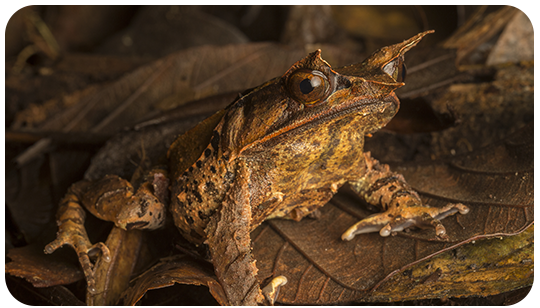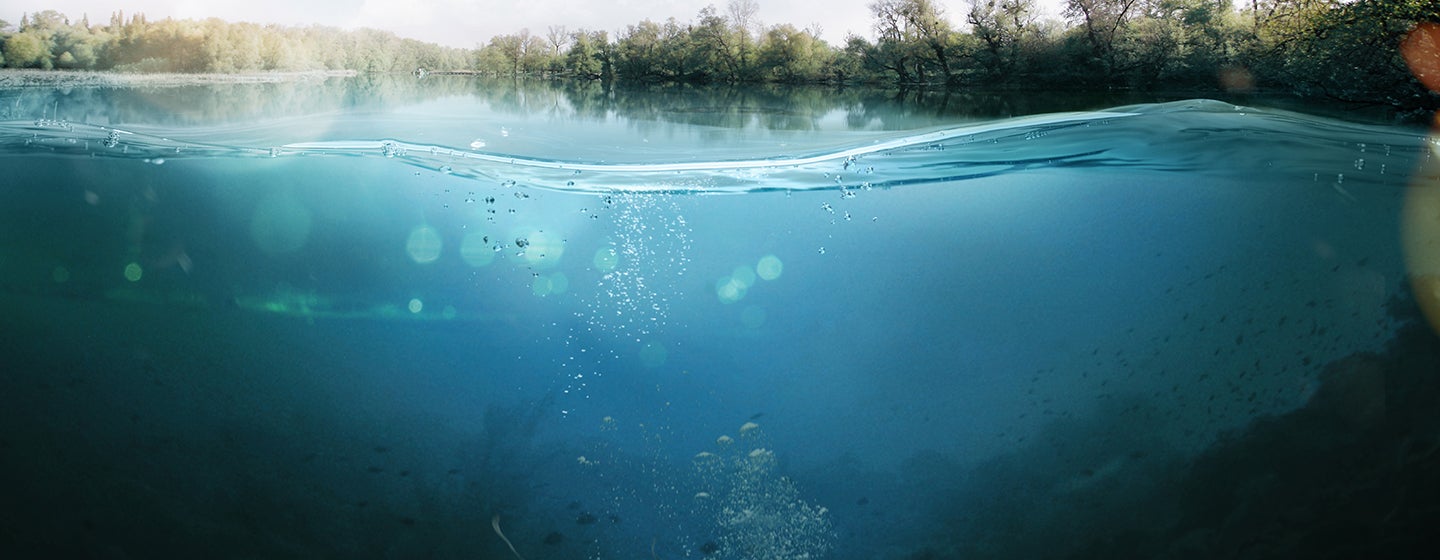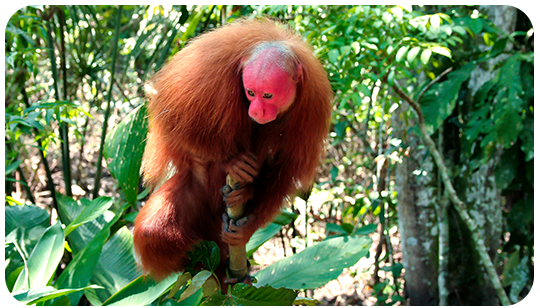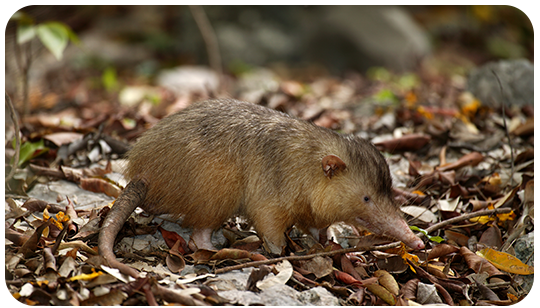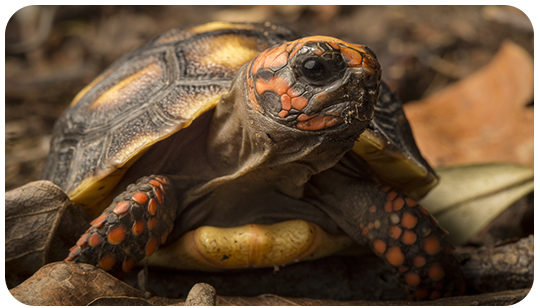Fonseca Species Conservation Fund
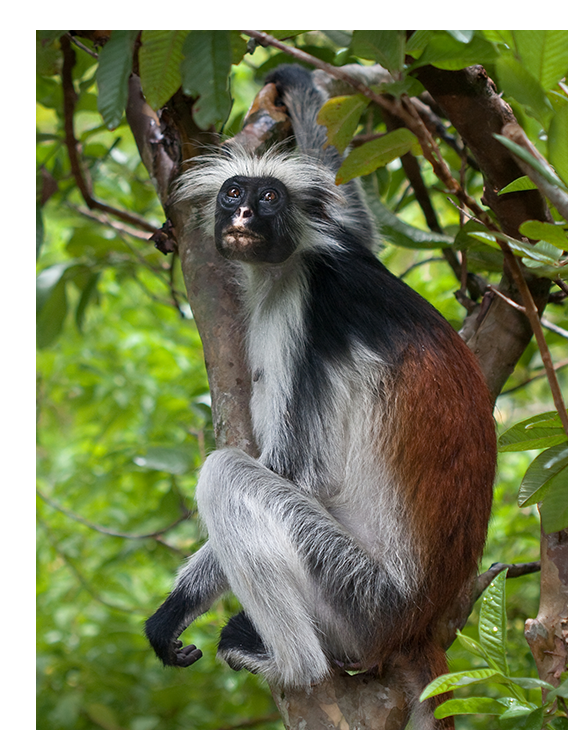
Who is this fund for?
Request for proposals
The FSCF will issue three requests for proposals. Each proposal period has a designated geographic range and submission deadline. See the application packs and Frequently Asked Questions below for more details.
African continent and the Indian Ocean: 21 May–19 July 2024
Asia-Pacific: 1 October–15 December 2024
Americas, including Caribbean: 15 January–30 March 2025
Frequently Asked Questions
What species are eligible for the Fund? Species that meet the following criteria AND are native to the geography of the request for proposals are eligible for the fund:
Amphibians species in the Class Amphibia
Freshwater fish excluding anadromous and catadromous species (spending parts of their life cycles in both freshwater and marine environments)
Primates in the families: Cercopithecidae, Aotidae, Atelidae, Callitrichidae, Cebidae, Pitheciidae, Tarsiidae, Galagidae, and Lorisidae
Small mammals in the Orders Rodentia and Eulipotyphla
Tortoises and freshwater turtles in the Order Testudines excluding the marine turtle families Cheloniidae and Dermochelyidae
Proposals should address any species requiring conservation action. However, priority consideration will be given to proposals addressing the conservation needs of globally threatened species in the following categories on the IUCN Red List: EW, CR, EN, and VU. The full list of priorities can be found in the proposal form for each species group.
How are the RFP geographic scopes defined? For the third request for proposals (RFP), the applicant / project leader must be a citizen of the following GEF-recipient countries AND the target species must be native to these same countries (the species range country and the applicant citizenship country do not need to be the same):
Antigua And Barbuda, Argentina, Bahamas, Barbados, Belize, Bolivia, Brazil, Chile, Colombia, Costa Rica, Cuba, Dominica, Dominican Republic, Ecuador, El Salvador, Grenada, Guatemala, Guyana, Haiti, Honduras, Jamaica, Mexico, Nicaragua, Panama, Paraguay, Peru, St. Kitts And Nevis, St. Lucia, St. Vincent and Grenadines, Suriname, Trinidad and Tobago, Uruguay, Venezuela.
What does "early career" mean? All applicants must be between 18-35 years of age.
Do my collaborators have to meet the age and location requirements? There are no age or citizenship requirements for junior project staff, project advisors, and academic mentors.
Does the applicant's citizenship and country where the project is taking place have to be the same? The applicant's citizenship must be from a GEF-recipient country. The project location must be in a GEF-recipient country. They do not have to be the same country.
When will I know if my proposal was successful? Applicants will receive confirmation that their proposal was received and the dates when they can expect to hear the results.
Do proposals have to be limited to activities for a single species? No.
When will I receive my funding? Below is the timeline for the Americas request for proposals:
30 March 2025: proposal submission deadline (Applicant)
1-30 April 2025: screening of proposals for eligibility (Re:wild)
1 May 2025: notification sent to ineligible proposals (Re:wild)
1 May-31 July 2025: review of eligible proposals (Re:wild)
August 2025: announcement of review results (Re:wild)
August 2025: submission of grant paperwork - successful proposals only (Applicant)
August-September 2025: processing of grant paperwork and first payment sent to grantees (Re:wild)
What is the maximum project timeline? Proposed activities may be part of a broader project that takes place beyond the grant period. All proposed activities should occur over a 12-18 month time period, starting from the date when a grant agreement is signed with Re:wild. Written requests for no-cost extensions may be granted. All proposed activities must be completed by or before 30 September 2026.Must the project be field based or is a project that focuses on species or regional action planning allowed? The project must primarily be field-based but species or regional action planning may be a component of the project.
Should the project be standalone or can it form part of either an ongoing project or form part of a larger new one? The proposed activities can be part of an existing project and can also be the start of a new project.
Are there any rules around collecting specimens? Can I collect specimens to describe new species? No specimen collection is allowed for any purpose.
Can the project form part of a Masters, PhD or postdoc?Yes, if the proposed activities meet the criteria.
Can an individual apply or must the person be linked to an NGO or academic institution? The grants are available to individuals. However, it is preferable that the project be linked to an institution.
Do I have to be a fellow of the Fonseca Leadership Program to submit a proposal to the Fonseca Species Conservation Fund? No you do not. Fellows are encouraged to submit, but will not be given greater consideration.
In Memoriam: Gustavo Fonseca (1956 – 2022)
"Gustavo was a force of nature, a real leader, a world class biologist, and an astute politician. I learned a great deal from him, and always enjoyed his company. In the many different positions he held, he was able to save species, create many new protected areas, influence public policies, and move large amounts of funding to places that needed it most. What is more, he helped to train many students while in his university positions, and they continue to carry his legacy forward today."
— Dr. Russell Mittermeier, Re:wild Chief Conservation Officer

